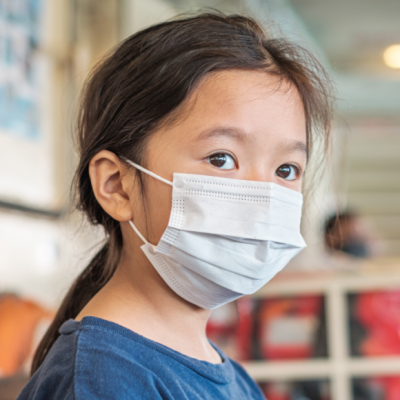A recent study conducted by scientists at the Ruhr-Universität Bochum (RUB) has found that commercially available mouthwashes can significantly reduce the virucidal activity of SARS-CoV-2. This could potentially reduce the transmission risk of the virus in a clinical setting. The study focused on the early stages of Covid-19, where the virus replicates and spreads primarily in the mouth and throat. Previous studies with other enveloped viruses have shown that mouthwashes can reduce the risk of infection. The RUB team investigated whether mouthwashes could also be effective against SARS-CoV-2.
The scientists tested eight commercially available mouthwash solutions with different active ingredients, using three different SARS-CoV-2 isolates mixed with a solution to simulate nasal secretions. The exposure time during the experiment was 30 seconds, similar to real mouthwash use. The study found that three of the mouthwashes, containing either ethanol, polyvidone-iodine, or a combination of dequalinium chloride and benzalkonium chloride, were the most effective in reducing the infectivity of the virus by threefold, bringing it to an undetectable level. The other mouthwashes with different active ingredients also significantly reduced the virucidal activity in the experiment. Only one product with the active ingredient polyhexamethylene biguanide performed poorly, but still achieved a moderate reduction in virucidal activity.
The study authors suggest that “mouthwashes have the potential to prevent virus transmission in a clinical context for patients and medical personnel.” Further studies with Covid-19 patients as subjects are already underway to evaluate this hypothesis in a clinical setting. This study provides promising evidence that mouthwashes could be a simple and effective way to reduce the transmission risk of SARS-CoV-2.










